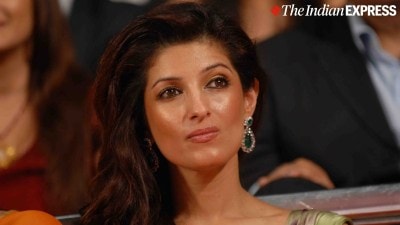Blackwill, on balance
Going native. That8217;s the worst charge that can be levelled against a diplomat. However, it would be unfair to charge US ambassador, Rob...

Going native. That8217;s the worst charge that can be levelled against a diplomat. However, it would be unfair to charge US ambassador, Robert Blackwill, of harboring excessive goodwill towards India, even if he did use his two years in office to do a lot of good.
Schooled in Kissingerian realism, Blackwill was no diplomatic greenhorn. If he erred he did so on the side of history. India-US ties, he was convinced, should not be viewed through the prism of Pakistan. At his now famous 8216;8216;round table8217;8217; dinner discussions he would repeatedly urge his Indian interlocutors not to mention the P-word in discussing India-US relations.
He may have finally succeeded over two years in getting the P-word out of conversations with his New Delhi guests, but he seemed to have failed with his Washington DC hosts. Arriving at the threshold of a new relationship between the world8217;s largest democracies, Blackwill tried many a balancing act.
To begin with, he attempted to square his Kissingerian worldview with Galbraithian instincts. He wanted to be remembered as a later day J.K. Galbraith, one of the most popular US ambassadors to be posted to India, even though he drew his academic inspiration from Kissinger. His second balancing act was to exert adequate pressure on India to resolve its differences with Pakistan without making the P-word the centrepiece of his policy. In many public speeches he emphasised the larger global framework within which he viewed India-US relations.
His third balancing act was to try and ease post-Pokharan economic sanctions and promote India-US defence cooperation without upsetting the Ayatollahs of non-proliferation in Washington. The one area of bilateral relations where he didn8217;t have much to do apart from leaning heavily on one side was on bilateral economic relations. Frustrated at the slow pace of economic liberalisation in India and unmindful of the fact that US President George Bush8217;s trade policies were not exactly helping bilateral trade, Blackwill complained that India-US business was 8216;8216;as flat as a chapatti8217;8217;, even while his critics complained that his ego was 8216;8216;as puffed up as a puri8217;8217;!
Whatever the reasons for Blackwill8217;s decision to return home, no successor of his can ignore his perspective on India-US relations8212;that they must be based on the appreciation of the fact that both are major powers, with a role to play in world affairs, and that both can and must make common cause in the fight against terrorism.
- 01
- 02
- 03
- 04
- 05































